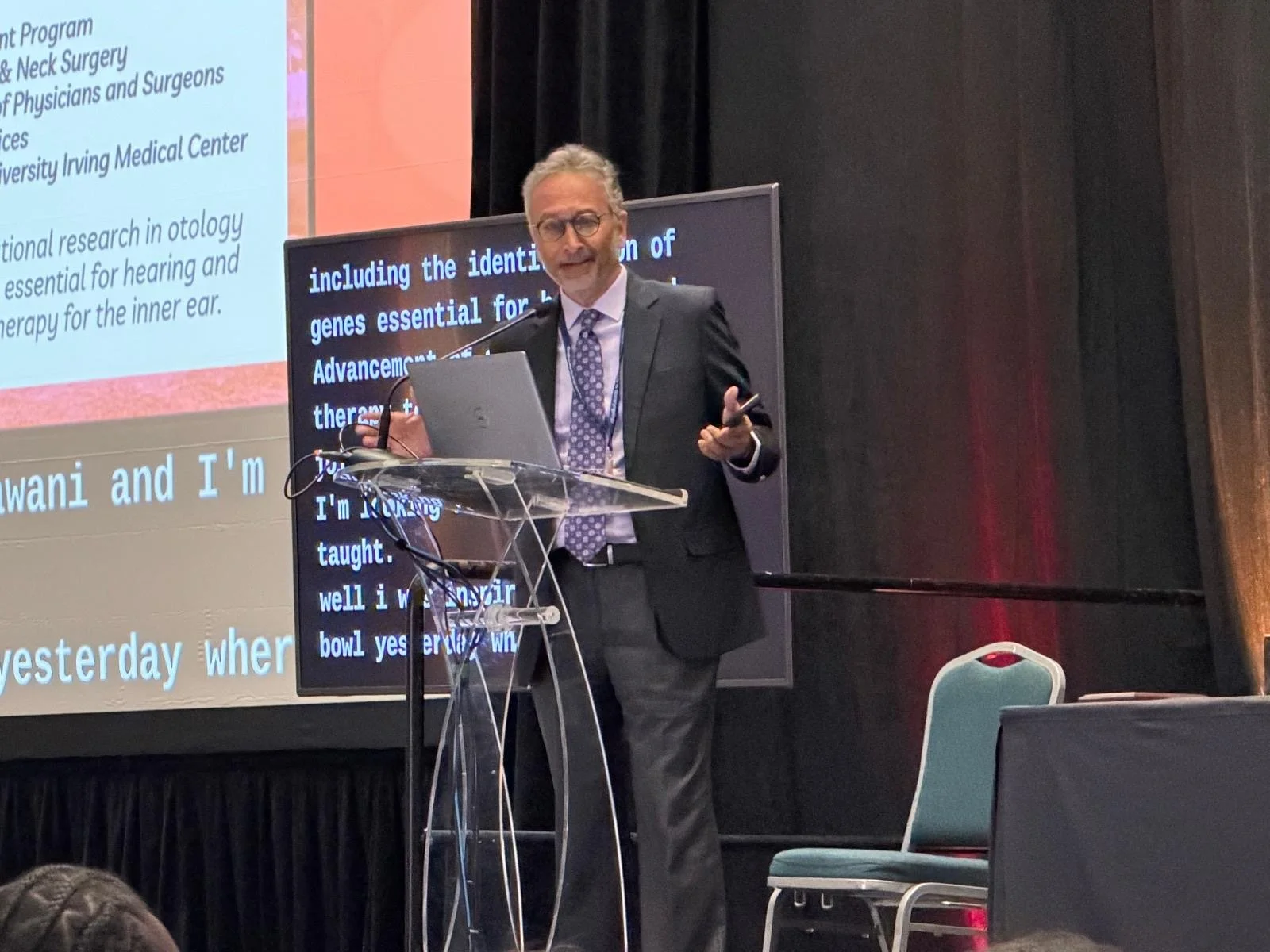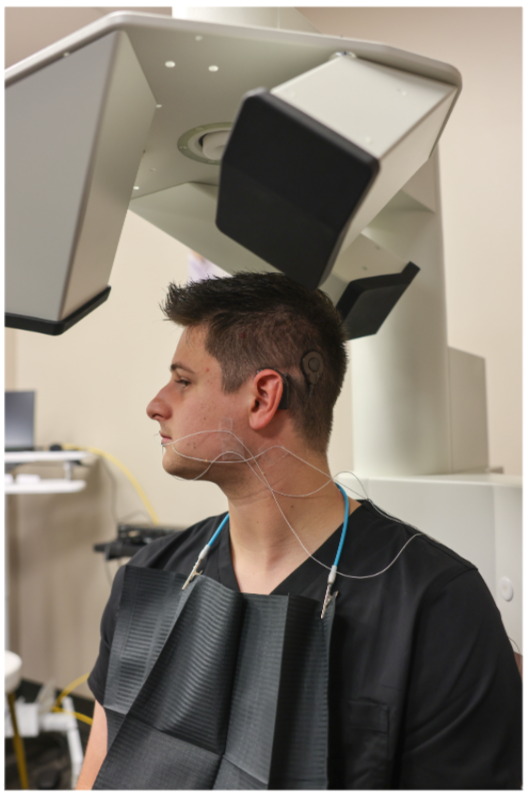Neil Segil, Ph.D., died peacefully in his sleep on July 2 at his home in California. He had been battling pancreatic cancer and was able to spend the last couple of months at home with his family. According to fellow Hearing Restoration Project consortium member Andy Groves, Ph.D., he spent this time “reading, talking science, listening to music, watching old movies, and chatting with friends by Zoom and email,” including many consortium colleagues.
Neil was a professor at the Keck School of Medicine of the University of Southern California (USC), in the Department of Stem Cell Biology and Regenerative Medicine, the USC Tina and Rick Caruso Department of Otolaryngology–Head and Neck Surgery, and USC’s Eli and Edythe Broad CIRM Center for Regenerative Medicine and Stem Cell Research.
Neil was also a founding member of the Hearing Restoration Project (HRP). Most recently he chaired the Cross-Species Epigenetics working group, which is characterizing the molecular blocks to hair cell regeneration by comparing gene expression and epigenetics across species. He was also an active member of the Reprogramming and Gene Delivery working group that is piloting ways to induce hair cells by reprogramming supporting cells, both by assessing the effects of a candidate transcription factor cocktail and by optimizing methods of delivery.
Neil’s contributions to science, the HRP, and many colleagues’ careers were invaluable. HRP scientific director Lisa Goodrich, Ph.D., describes the terrible loss. “Neil has been a leader in our field for many years, not only because of the beautiful work he carried out but also because of his generosity to others,” she says.
“I have benefited tremendously from Neil's wisdom and advice over the years, especially since joining the HRP,” Goodrich continues. “He was always quick to answer my questions, share protocols, and jump on for a last-minute Zoom call to talk about his science and the vexing challenges we are all trying to solve as a consortium. Every interaction I had with Neil was both illuminating and rewarding—he was a genuine, warm, and kind friend. I will miss him very much.”
The Segil Lab at USC investigates sensory regeneration and inner ear biology. At the lab, he mentored many postgraduate students. According to a story on the USC Keck School of Medicine website, Segil was awarded a USC Mentoring Award “for fostering an engaging, supportive and inclusive academic environment.”
In the story, former lab member Litao Tao, Ph.D., says, “Neil always encourages his students and postdocs to try new ideas. If you have a new idea, no matter how baseless it is, you can always talk to him. He will think through it with you, talk about it, and say what the pitfalls and the outcomes might be. And the way he manages the lab, he likes people to be more self-motivated and doesn’t push people for results. So that’s probably the reason why everyone in the Segil Lab is nice, because they don’t feel pressure from him, so they relax and enjoy the research.”
Timothy Higdon, HHF’s president and CEO, says, “We send all of those touched by Neil, both his family at home and his family in the lab, our deepest condolences. The HRP would not be where it is now without his significant insights into the processes driving embryonic development of the inner ear. We here at HHF—all of our researchers, scientific advisers, the board, staff, and volunteers—will miss him immeasurably.”







Our new public service announcement “Let’s Listen Smart” recognizes that life is loud—and it’s also fun. And the last thing we want to do is stop having fun! We just need to listen responsibly.